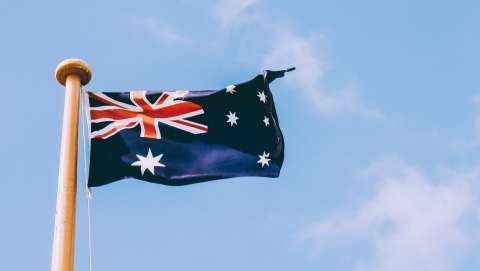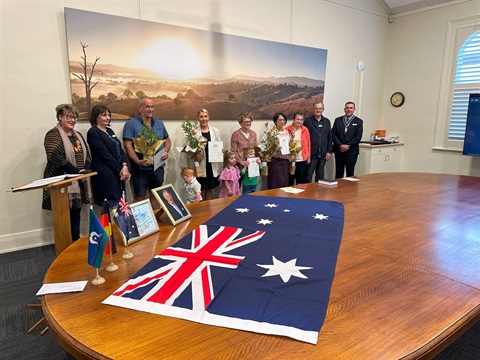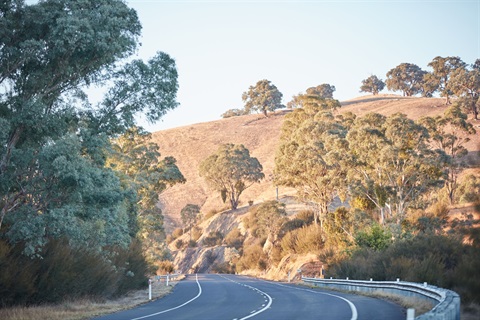A delegation of some of Australia’s top game composers and sound designers, as well as emerging local talent, have recently returned from the renowned Game Developers Conference (GDC) in San Francisco, where they explored career opportunities and developed new global networks in the rapidly expanding industry.
Supported to attend the Conference via strategic investment from the Australia Council for the Arts, the six artists spent five days meeting some of the world’s leading game development companies and engaging with international audio professionals within the industry.
Among the local composers who attended was Narayana Johnson (River Boy) who has earned a cult following as audio director for Massive Monster’s smash hit ‘Cult of the Lamb’, which sold 1 million copies in its first week and won Game of the Year (2022) at the Australian Game Developer Awards.
“I had an amazing time at GDC. I was lucky enough to connect with a bunch of composers and developers I respect greatly. Composing can often be very isolating so I think it’s important to meet others in the industry. I’ve been keeping in touch and feel like I’ve planted seeds to some great new connections/relationships,” he said.
The other artists who were part of the Australia Council’s delegation to the GDC were Angela Little, Fuligin Sound (Byron J Scullin and Mark Mitchell) who created the sound for ‘Heavenly Bodies’, Brett Leavy, Maize Wallin, and Woodes.
Australia Council for the Arts Chief Executive Adrian Collette said Australian music adds uniquely Australian voices, skills and experiences to the global games industry and supports both industries to grow and prosper.
“We recognise the critical role that audio and sound plays in game design and experience, and we welcome the significant career opportunities open to Australian composers and sound designers in this thriving global sector,” said Mr Collette.
Latest research by the Interactive Games and Entertainment Association (IGEA)* shows the Australian Games Industry generated more than $284 million in revenue in 2021-22, a record 26 per cent increase on the previous year, with a record 770 jobs also created in that time.
The Federal Government’s Digital Games Tax Offset (DGTO) provides a 30% refundable tax offset for Australian-based companies to develop games. The DGTO can be combined with state-based incentives meaning some projects may access benefits worth up to 40%-45% of development costs.
Mr Collette said the Australia Council for the Arts has engaged Queensland University of Technology (QUT) to undertake a research project into Australian music in the games industry (The Australian Music in Games Benchmark 2023), which will be used to identify opportunities to increase and professionalise Australian creators and music businesses that produce music in games.
“The results of the project will inform a range of priorities and decisions including future investment programs, strategic activity, partnerships, and advice on legal and regulatory settings, which will support the increase of Australian content in games,” he said.
Dr Brendan Keogh (senior lecturer in the School of Communication and a Chief Investigator of the Digital Media Research Centre at QUT) will undertake the research with Associate Professor Dan Golding (Deputy Chair, Department of Media and Communication at Swinburne University of Technology).
They said they were thrilled to be working with the Australia Council for the Arts on the Music in Games Benchmark.
“This is a vital opportunity to better understand those who make music for games in Australia and to support them in building the strongest possible industry,” said Associate Professor Golding, who was also the composer of Untitled Goose Game and the Frog Detective series.
The Benchmark is expected to be complete by the end of the year.








